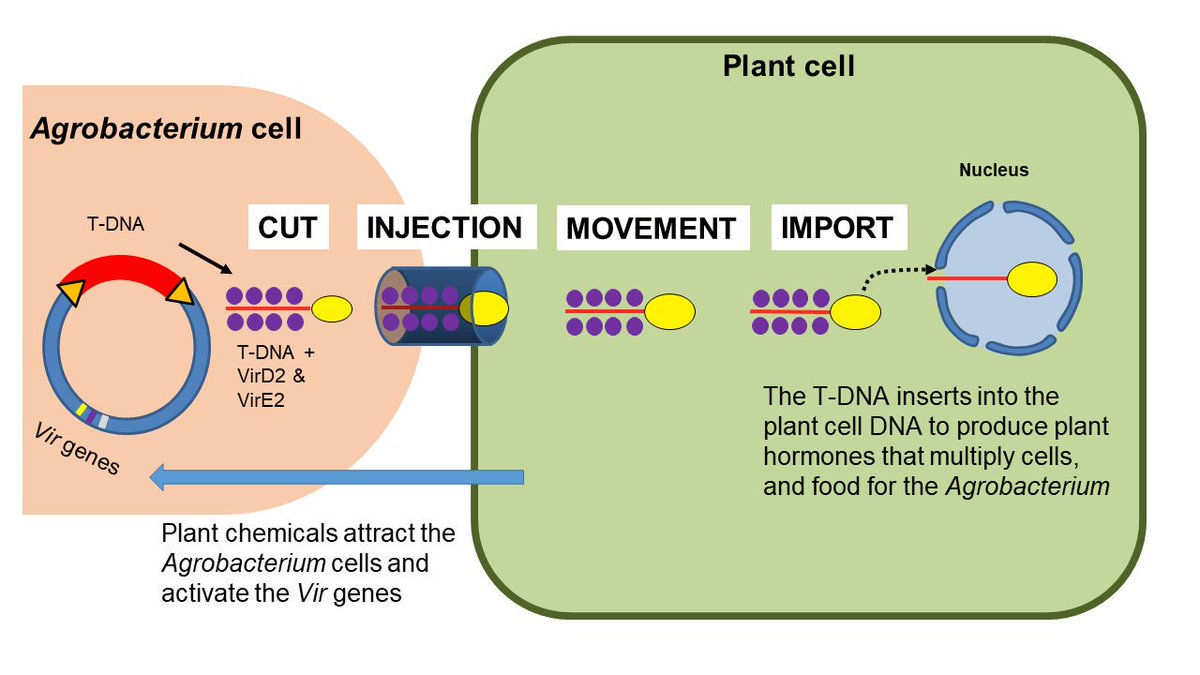Life in social groups provides multiple benefits at the individual level such as dilution of predation risk and better access to or protection of mate, ressources, territory
1/n
2/n
-Social organisation is how groups are composed and organised (e.g. pair-living, harem with 1♂️ and multiple ♀️, multi♂️-multi♀️groups...)
-group size: variation of group size in the same species or group
4/n
5/n
5/n
7/n
8/n
9/n
I collected hundreds of faecal samples to measure indicators of their metabolism, reproductive status and gastro-intestinal parasite infections.
I tried to develop an inflammation marker...
10/n
I also checked their weight change every 2nd week.
I used behaviour and samples from 42 individuals ranging from 1 to 23 y.o. over 18 months.
11/n
Stay tune tomorrow for the end of the story
12/n
13/n
And parasite infections were associated with higher inflammation marker levels
14/n
15/n
16/n
Could it be an adaptation to life in Madagascar? To life in egalitarian small scales societies? I'd love to test it in other species including Humans
17/n












